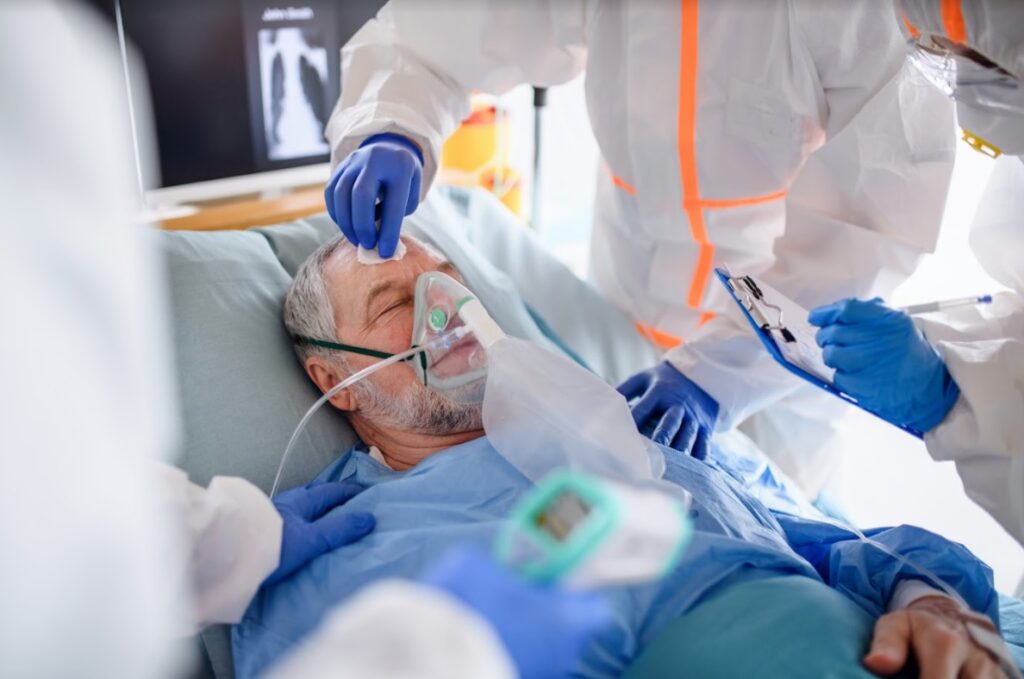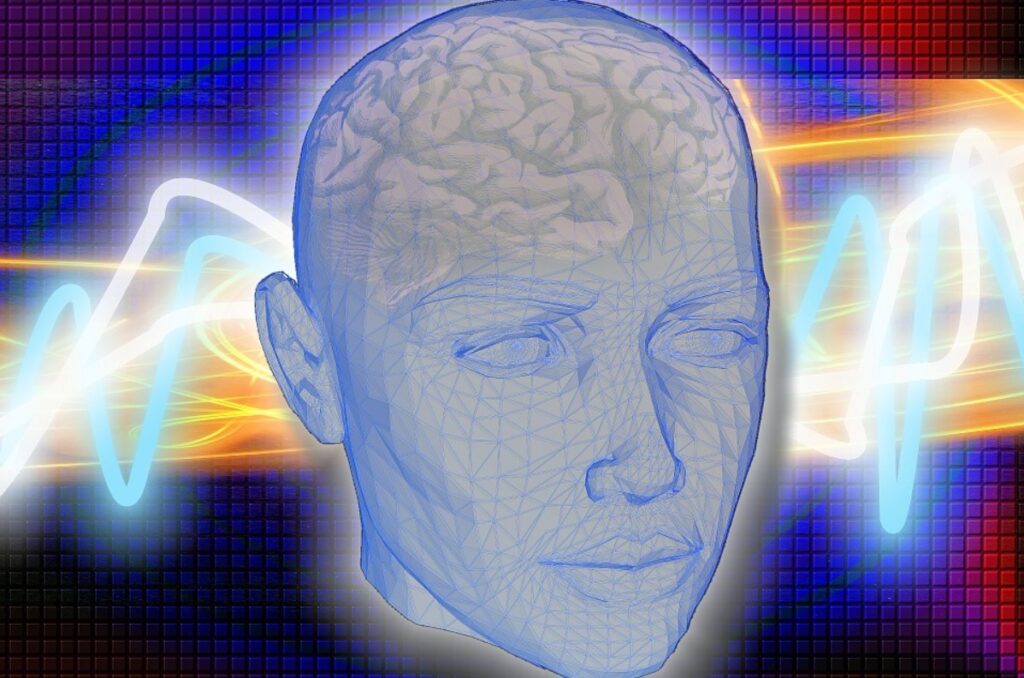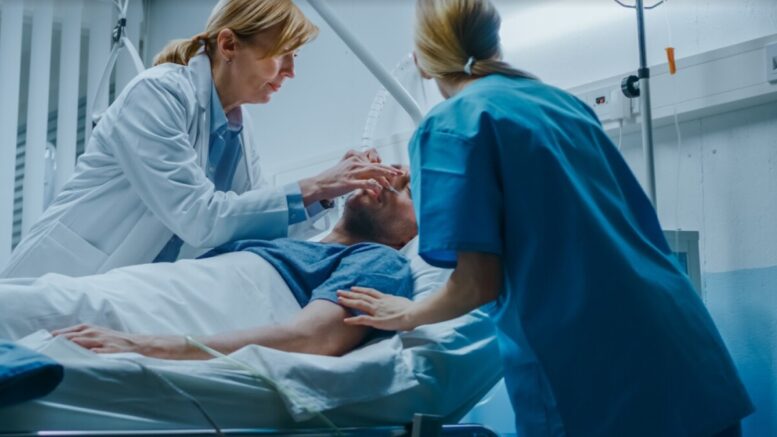Health issues and complications differ in terms of the needed level of care. Some might warrant over-the-counter medication, with others needing emergency room services. Based on this, you might be wondering what health conditions require an emergency response and those that don’t. This article highlights and discusses the main conditions that require critical care due to their life-threatening nature.
Critical care, in this context, refers to round-the-clock monitoring, nursing care, and support. This is essential since failure to take these steps might lead to the deterioration of someone’s health and even death in extreme cases. Critical care and Intensive Care Anywhere aim to stabilize a person’s condition and transition them into regular care, where ceaseless monitoring isn’t necessary.
For emergency cases, you can search online for an ICU near me location that offers emergency services and can attend to critical needs immediately. In such cases, it might not be possible to go to the hospital you’d prefer, especially if it’s far away from your current location. But after you’ve been stabilized, you can seek a transfer to your preferred hospital.
It would be an advantage if you know how to determine if someone requires critical care by knowing these life-threatening conditions and their symptoms. Here’s the list as follows:
Acute Liver Failure
Liver failure happens when your liver loses its functionality. This condition often arises due to Hepatitis A, B, or E, or ingesting certain medication, such as acetaminophen. Liver failure is mainly characterized by jaundice (yellowing of eyes and skin,) nausea, vomiting, tremors, and pain in your right abdomen.
Acute Kidney Failure
Acute kidney failure occurs when your blood can’t filter waste. This often happens after liver failure. When you have this condition, you’ll experience any of the following symptoms, such as decreased urine production, nausea, fatigue, and shortness of breath.
Acute Respiratory Failure
Acute respiratory failure is also known as lung failure. This happens when fluid builds up in your lungs, inhibiting proper breathing. Lung failure can either be acute or chronic, the difference lies in the condition of your lungs. If there’s a lack of oxygen and your carbon dioxide levels are normal, you’re likely to be suffering from acute lung failure. On the other hand, with chronic respiratory failure, your lungs will contain excess carbon dioxide with normal oxygen levels.

Some of the signs associated with lung failure are gasping for air, confusion, and difficulty when breathing. In extreme situations, your skin might also turn bluish.
Drug Overdose
You’ll experience a drug overdose when you take excessive amounts of a given drug than the recommended dosage. With excessive amounts, your body will find it challenging to detoxify, leading to the development of negative side effects. A drug overdose is often characterized by confusion, chest pain, abdominal pain, vomiting, and nausea. There’s also a possibility of you falling into a coma, depending on the severity of the case.
On drug overdose, it’s good to note that the symptoms you’ll experience are tied to the drug you’ve taken and the quantity. As you visit the emergency room, it’s advisable to carry with you the substance you ingested for the doctors to diagnose and treat you better and faster.
Sepsis
This condition is also known as Septicemia, it occurs when your body damages its tissues. This mainly happens when your body is trying to fight off an infection. There’s a high probability of you developing organ failure with this condition.
If you have sepsis, you’re likely to experience low blood pressure, issues with your mental capacity, high respiration rate (number of breaths per minute,) faster heartbeat, fever, or fatigue.
Heart Failure
Heart failure occurs when your heart fails to pump blood well throughout your body, which is often due to weak heart muscles. You’ll know you might be suffering from heart failure when you experience fatigue, chest pain, dizziness, shortness of breath, loss of appetite, or water retention.
Stroke
Strokes mainly happen due to brain damage, where there’s a limitation of blood supply. With a stroke, you’ll have difficulties in walking and speaking, paralysis on one side of the body (either left or right,) stiff muscles, numbness, which often reduces overall sensation to pain.

Traumatic Brain Injury
A brain injury occurs when your brain’s tissues are damaged; the damage can be temporary or permanent. This condition arises when you experience head or face impact, maybe due to an accident or a fight. You’re likely to undergo confusion, lose consciousness, or fall into a coma with brain injury.
Poisoning
Poisoning occurs once you ingest something harmful, it can be a substance not fit for human consumption, such as a chemical or from contamination. Some of the major tell-tale signs of poisoning are foaming at the mouth, enlarged or dilated pupils, seizures, difficulty in breathing. In this case, the symptoms are dependent on how much of the harmful substance you’ve taken and the type of substance you’ve ingested, some might showcase more severe symptoms than others.
Anaphylactic Shock
Anaphylactic shock is associated with allergies. Allergies occur as a result of your body’s reaction to certain foods, medication, or insect bites. In most cases, you can easily manage your allergies by avoiding the substances you’re allergic to and you should always carry epinephrine with you, should you accidentally ingest something you’re allergic to. Epinephrine is a one-time injection that you administer on your thigh to help reverse the allergic reaction.
Normally, allergies aren’t always a cause for alarm. However, it becomes a life-threatening situation if you go into an anaphylactic shock. This will occur if you don’t counteract the reaction of the allergen upon ingestion. Here, you’re likely to go into shock, have difficulties in breathing, rapid heartbeats, and skin reactions, such as hives. In some situations, you might get cardiac arrest or develop respiratory failure if you delay getting medical assistance.
Conclusion
It’s said that knowledge is power, from the discussion above, you’re now aware of the situations in which you might need to visit an emergency room and the signs to look out for. However, on the signs highlighted, it’s good to note that the symptoms will vary from one person to another. It’s also best to refrain from self-diagnosing should you experience any of the signs discussed. It would be wise to visit an emergency room for adequate and proper diagnosis and care.
